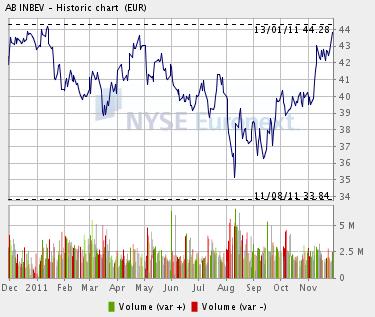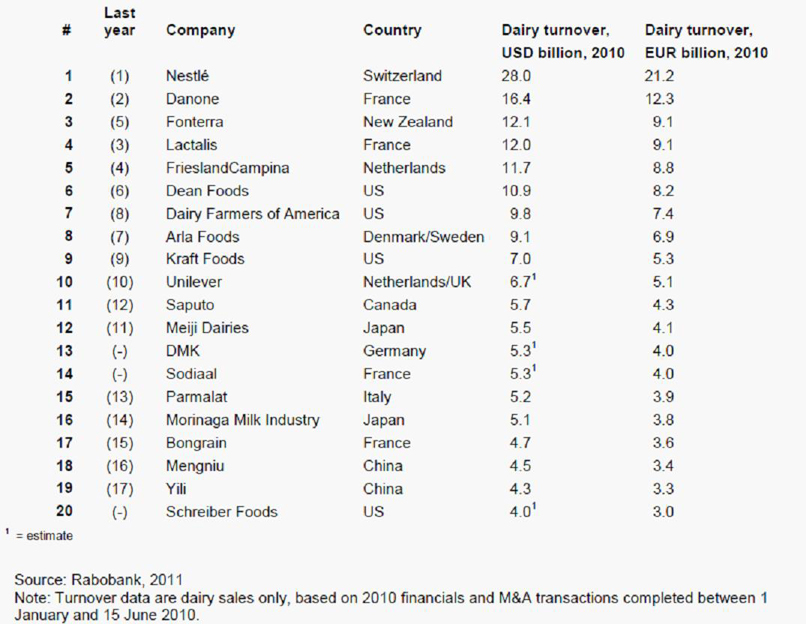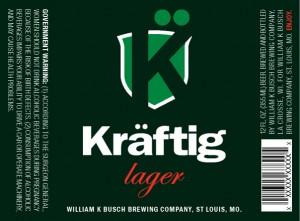How can they drink beer if they are without jobs? The jobless rate in Britain in October 2011 jumped to 8.1 percent, its highest level in 17 years, and young people, the core customer group for beermakers, are being hit hardest. Experts are talking openly of a “lost generation” without hope of finding a job.
Kirin Holdings on 4 November 2011 agreed to buy out shareholders in Brazilian beermaker Schincariol Participacoes e Representacoes, completing its biggest acquisition to date.
Brewers usually blame it on the economy or the weather if figures don't live up to expectations. Same with MillerCoors. The number two brewer in the U.S. reported on 2 November 2011 that low consumer spending and rising commodity prices contributed to weaker earnings in the third quarter.
Is Heineken breaking the glass ceiling for women or has the brewer run out of male candidates wanting to turn around a struggling brand? In October 2011, Heineken USA announced the appointment of Olga Osminkina, most recently Executive Director of Global Marketing for cosmetics company Estée Lauder, as its Senior Brand Director for Heineken Lager.
In October 2011 a São Paulo court lifted an injunction against Japanese brewer Kirin which had been sought by Schincariol’s minority shareholders, who had hoped to block the sale of Schincariol.
It’s a bit like whistling in the dark. PepsiCo is busy touting the value of its combined snacks and drinks portfolio, all the while Wall Street thinks the company should consider breaking up.
They picked a real wrangler should rumours become true that PepsiCo is closing in on a joint venture with Theo Müller Group, a privately-owned German dairy company, which would give PepsiCo a foothold in the fast-growing U.S. yogurt market. The logic behind such a tie-up is that PepsiCo hopes to reach out to health-conscious consumers and is therefore planning to enter the yogurt market with the help of German dairy giant Theo Müller.
In Amsterdam, Heineken’s executives may cheer Interbrand’s 2011 Best Global Brands Report which shows that the value of the Heineken beer brand has increased in 2010. According to the survey, the brand’s value increased 8 percent in 2010 and 60 percent since 2005. Interbrand says the Heineken brand ended on a 91st position up from 93rd in 2010. Needless to say that the Coca-Cola brand kept its first position.
Putting money over morals, dozens of states and cities across the U.S. have tinkered with laws that regulate alcohol sales as a way to build up their budgets. With cities across the country facing their fifth straight year of declining revenues, raising money from people who enjoy a cocktail is becoming an increasingly attractive option.
It must be in their genes. While August Busch IV, 47, the last CEO of Anheuser-Busch, seems to have left the brewing industry for good, his uncle William “Billy” Busch, 51, has decided to enter it. According to St Louis newspapers, the federal Alcohol and Tobacco Tax and Trade Bureau in September 2011 granted label approval for the first two beers from the recently announced William K. Busch Brewing Co.: Kräftig Lager and Kräftig Light.



